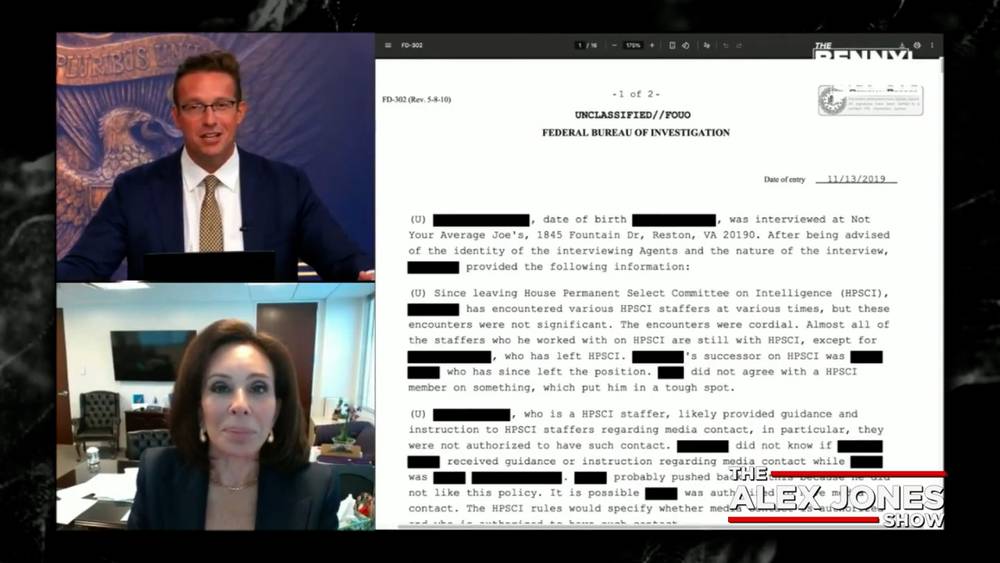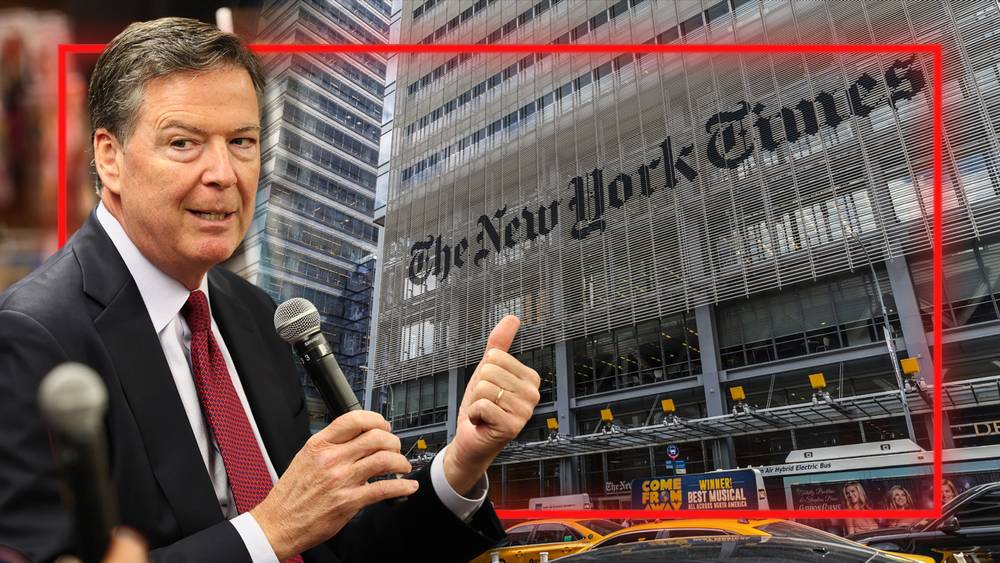Arab Attacker And Female Accomplice In Honeytrap Robbery Face Trial In Sweden

MUST-SEE VIDEO: US Attorney For Washington DC, Jeanine Pirro, Threatens Charges Against Adam Schiff For Leaking Classified Info To Smear Trump!

US Slams Worsening Human Rights Situation Across Europe

US Plan To Copy UK’s Disastrous Online Digital ID Verification Is Winning Friends In the Senate

Deep State Criminal James Comey Ordered FBI To Leak Classified Info To NYT, “Assisted” Outlet In Creating “News” To Frame Trump As Russian Asset

VIDEO: Failed Senate & Presidential Candidate Beto O’Rourke Crawls Out Of His Hole To Compare Trump To Hitler While Talking Like A Total Fascist

